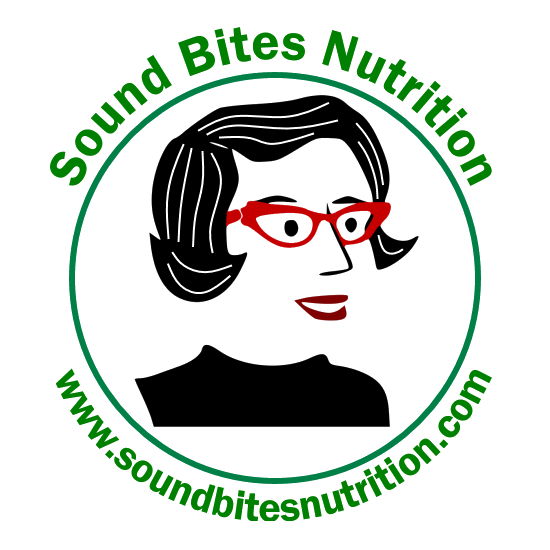Managing Menopause
 Are the symptoms of menopause driving you crazy - hot flashes, night sweats and migraines to name a few? Since September is Healthy Aging Month and Menopause Awareness Month we thought it only fitting to offer a few tips on managing the symptoms of menopause. Here are a few nutrition tips that have been shown to help:
Are the symptoms of menopause driving you crazy - hot flashes, night sweats and migraines to name a few? Since September is Healthy Aging Month and Menopause Awareness Month we thought it only fitting to offer a few tips on managing the symptoms of menopause. Here are a few nutrition tips that have been shown to help:
- Graze instead of gorge. As we age, our metabolism slows down. If we don't control calories weight gain will occur. By consuming our calories in 5 - 6 small meals a day we can reduce cravings that can lead to overeating.
- Eat protein and fiber. Foods that are higher in protein and fiber can help curb your appetite and reduce cravings. So have a little more chicken or turkey breast on whole grain bread.
- Get your 'B' Vitamins. This group of vitamins can improve bone & heart health, increase energy levels and possibly reduce mood swings. Beans, whole grains, fruits and vegetables are excellent sources for this vitamin group.
- Choose calcium. This mineral helps to maintain strong bones and helps with muscle contractions. A diet rich in low fat dairy foods and dark green leafy vegetables will provide the calcium you need. Aim for 3 servings of dairy per day.
- Drink water daily. Drinking 6-8 (8 oz) glasses of water will keep you hydrated, improve skin tone, and help you avoid overeating.
- Choose healthy Fats. Monounsaturated fats and omega-3 fatty acids can help fight heart disease, maintain healthy skin and protect your brain. Choose fatty fish (salmon, tuna, mackerel, etc), olive oil, canola oil and nuts.
- Limit alcohol and caffeine. Alcohol can increase the risk of heart disease and breast cancer with excess consumption. Caffeine can interfere with sleep patterns and increase irritability. Both can lead to dry skin.
- Reduce simple sugars. They increase cravings, which can result in consuming too many calories. A diet high in simple sugars is also thought to increase hot flashes and their severity.
- Eat soy. Soy is believed to protect the heart and possibly reduce hot flashes. Tofu, edamame, and soy milk are just a few sources of soy you can add to your diet. (If you have had an estrogen-caused cancer you need to talk with your doctor before adding soy to your diet).
- Get enough Vitamin D. Vitamin D helps to maintain strong bones and teeth, and is thought to improve brain function. Sunlight on our skin helps our bodies make vitamin D, but that ability lessens as we age. Fortified products and fatty fish are good food sources of vitamin D.
Combine these nutrition tips with daily exercise and 6 - 8 hours of sleep a night and you can reduce the symptoms of menopause..
